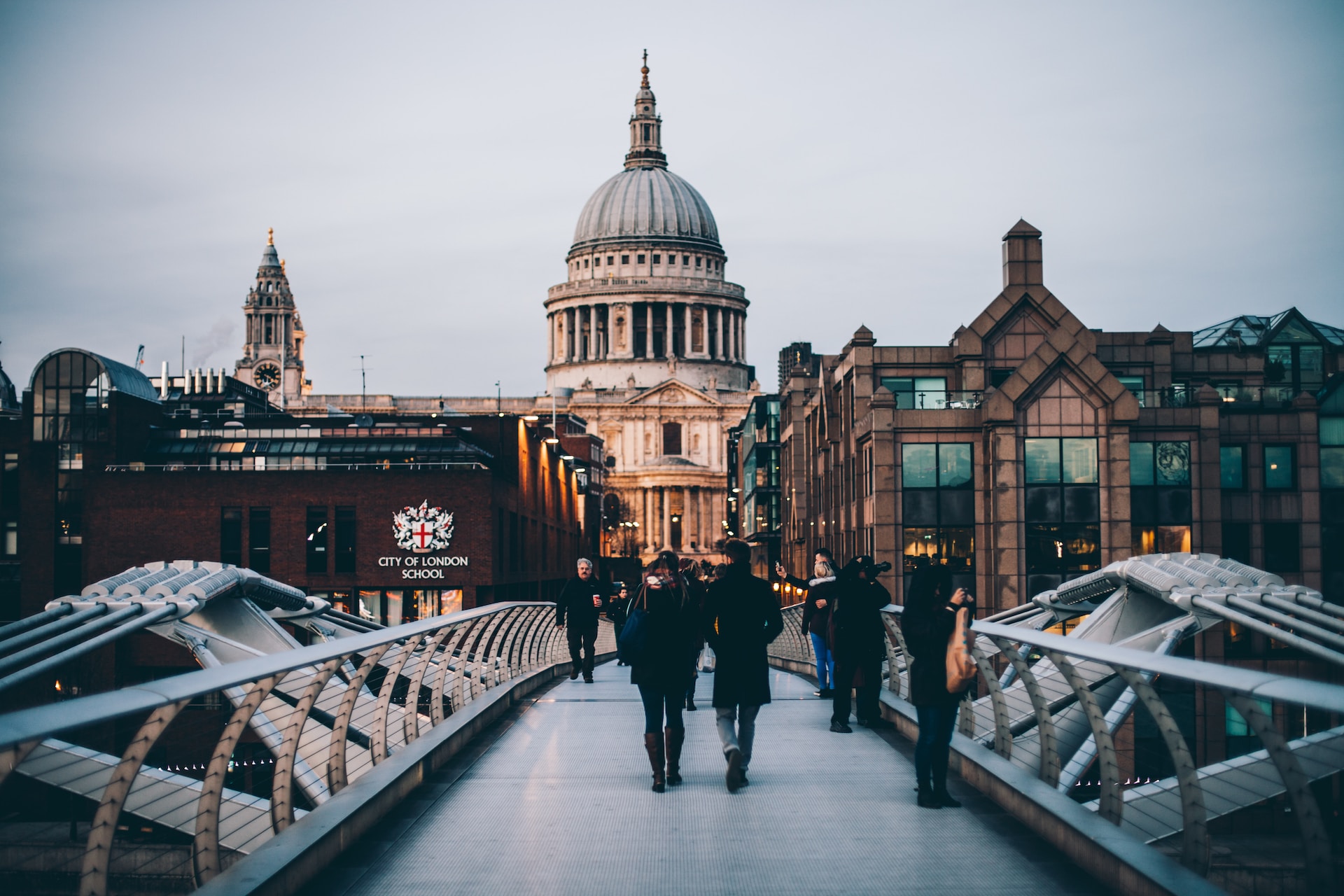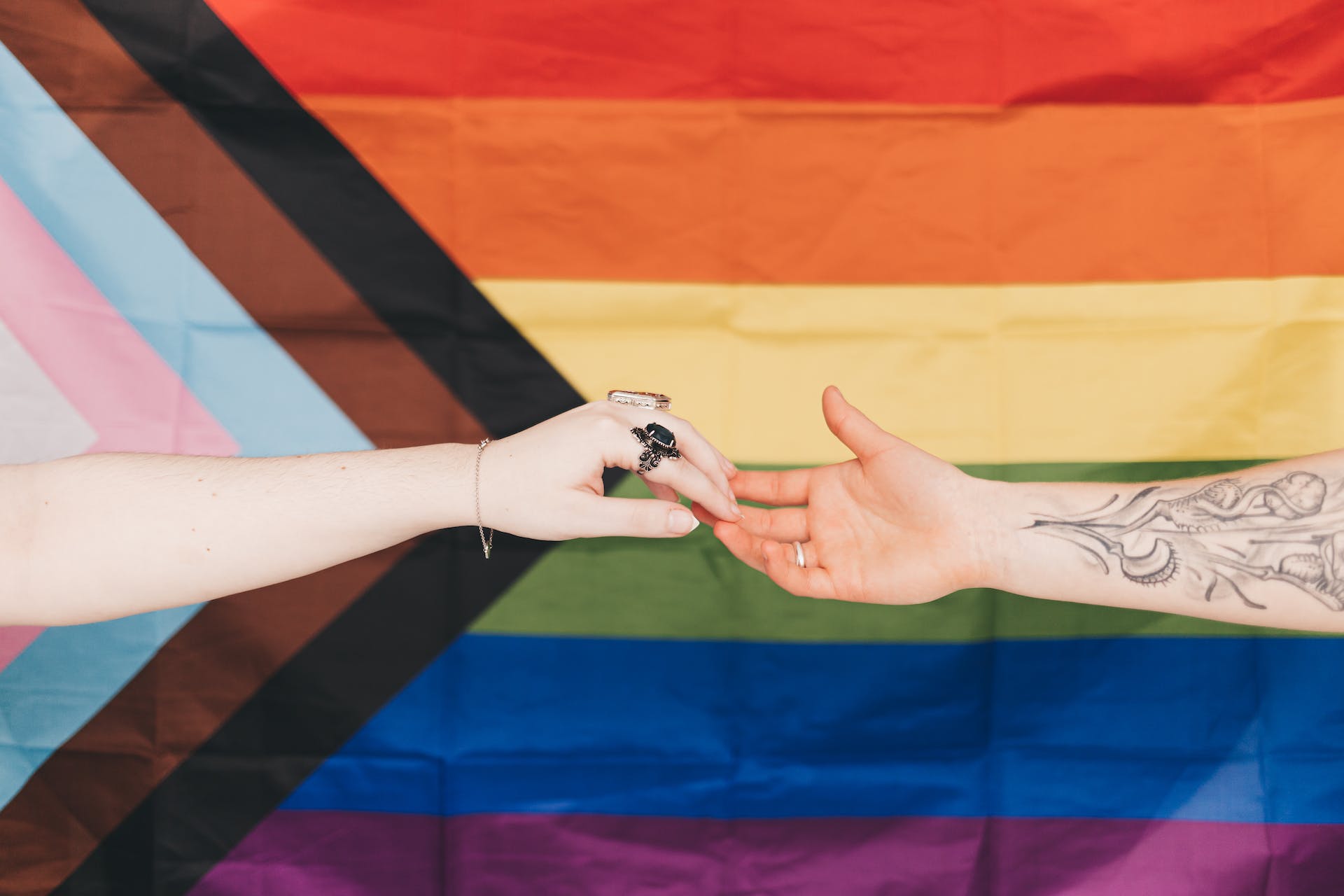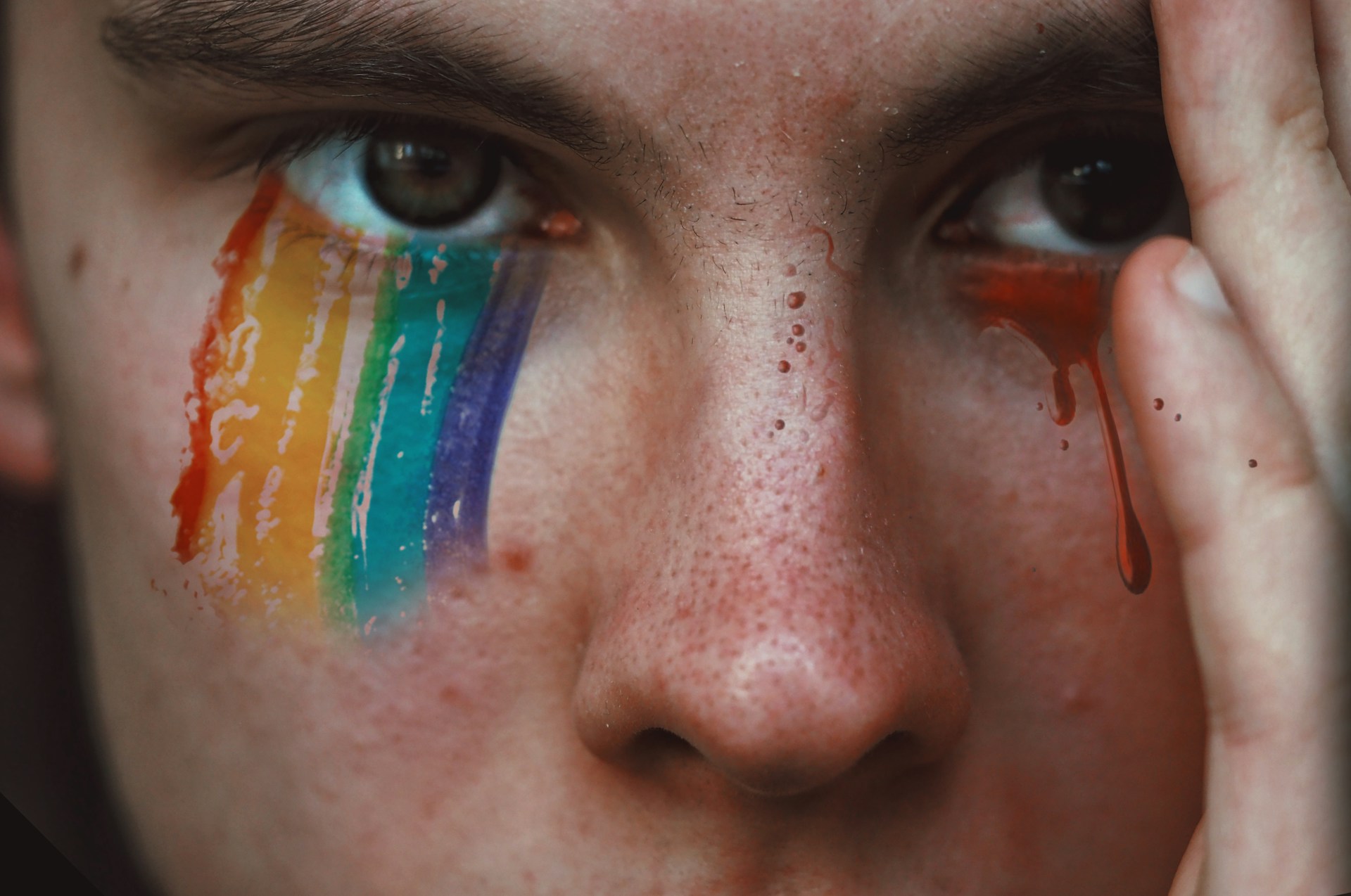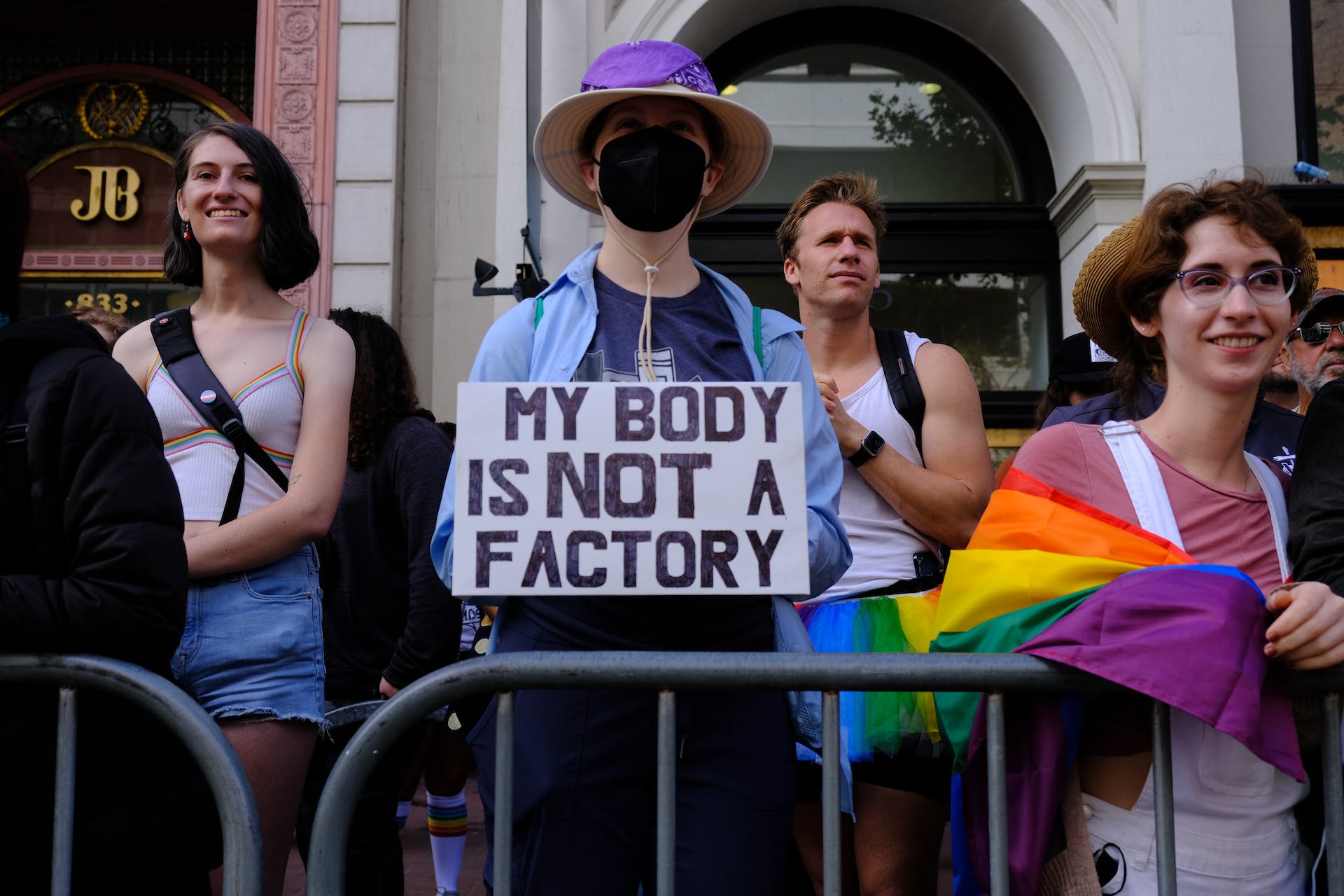Coldplay’s Concert in Malaysia Faces Opposition But Goes Ahead

Upcoming Performance – Despite facing resistance from conservative Muslim groups in Malaysia, Coldplay is set to perform in Kuala Lumpur. The band’s stance on various social issues, including their support for Palestine and the LGBTQ+ community, has stirred controversy in the region.
Controversial “Kill Switch” Measure
In light of the backlash following a same-sex kiss at a recent concert in Kuala Lumpur by the 1975, Malaysian authorities have introduced a measure that allows for the immediate cessation of a concert in case of any ‘unwanted incident.’ This ‘kill switch’ to cut power is a response to cultural sensitivities and has been discussed as a possible measure for Coldplay’s concert.
Political Support for the Band
Despite these tensions, Coldplay has found an unexpected ally in Malaysian Prime Minister Anwar Ibrahim. Citing the band’s support for the Palestinian cause, Ibrahim questioned the need to stop a group advocating such a cause from performing in Malaysia, especially in the context of the ongoing conflict in Gaza.

Chris Martin’s Stand Against Oppression
Chris Martin, Coldplay’s lead singer, has been vocal about the band’s stance against oppression and violence, expressing support for various global causes. Their music and public statements have often touched on sensitive political and social issues, including their support for the Palestinian cause and collaborations with artists from conflict zones.
Opposition from Conservative Groups
The concert has faced opposition from conservative Muslim factions in Malaysia, who have criticized Coldplay for promoting what they view as a culture of hedonism and perversion, especially due to the band’s support for the LGBTQ+ community. This opposition reflects broader cultural and religious tensions within the country.
Calls for Cultural Sensitivity
As the concert approaches, both the police and concert promoter Live Nation Malaysia have urged attendees to respect local customs and avoid provocative behavior. This call for cultural sensitivity highlights the delicate balance between artistic expression and respecting local cultural norms.
Previous Controversy in Indonesia
Coldplay’s recent concert in Indonesia also faced backlash from conservative groups, leading to demonstrations outside their performance venue in Jakarta. The protests centered around the band’s support for LGBTQ+ rights, which clashes with the predominant religious beliefs in the country.
Legal Fallout from Past Concert
The controversy follows a similar pattern to the incident involving the 1975, whose Kuala Lumpur performance was abruptly canceled following a same-sex kiss on stage, leading to legal action against the band.
Coldplay’s Ongoing Tour and Environmental Commitment
Amid these controversies, Coldplay continues their Music of the Spheres tour, which began in March 2022. The tour is noteworthy for its commitment to reducing carbon emissions and has been financially successful. Fans are also speculating about the band’s possible appearance at the 2024 Glastonbury festival, given a gap in their tour schedule.
This situation underscores the complexities artists face when performing in culturally diverse and politically sensitive environments, balancing their artistic integrity with respect for local norms and values.
©equalityvoices.org


















